Fortuitous opportunities?
Chris Jacobson
I’ve had some fortuitous opportunities in my career as a social scientist working in climate resilience and agriculture development. But these opportunities were not just down to ‘luck’. I’d like to think they’ve have arisen from (i) building good relationships, (ii) taking advantage of opportunities, and (iii) continuously evolving and building my skills.
In my experience, later career academics often fail to explain these things simply to early career academics. So let me give you some examples.
I met some great people when I first came to Australia; I made the effort to get to know them, taught into their courses, and had great hallway conversations. They knew and understood my real passion was to get into development work. These relationships led to unimagined opportunities.
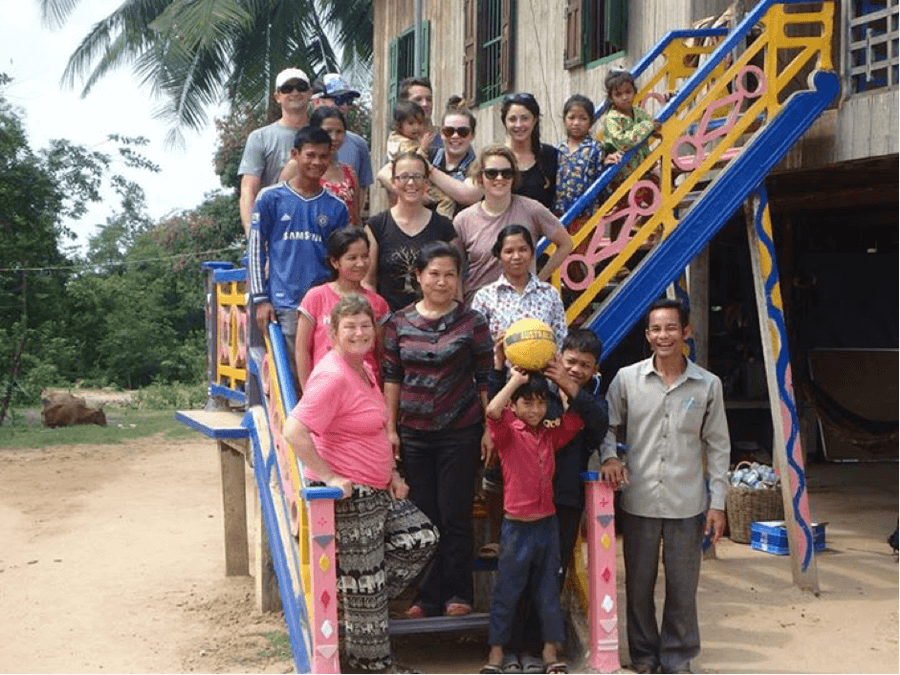
Image 1. Testing the ASEAN Community based tourism standards in Sambor Prekuk – Cambodia
Example one. One staff knew my interests, and found an opportunity for me to work with one of her colleagues via a small teaching contract at Hue University in Vietnam. Eight years later, that University now partners on one of my projects. This year, one of my former students was a participant in my policy workshop. One of her classmates, another former student, helped me out with some translation work when I was caught short on another project. My fortune came from working with students.
Example two. I first went to Cambodia to support a student tour four years ago. I saw a need for more integrated development work at the community scale. I now have a small grant working there on community resilience, food security and climate change adaptation with Ministry of Environment (MOE). Another former colleague now living in Cambodia told me about a new FAO-MOE project. I am now collaborating with that project, sharing data, and we are leveraging off one another’s work. My fortune came from the networks I developed.
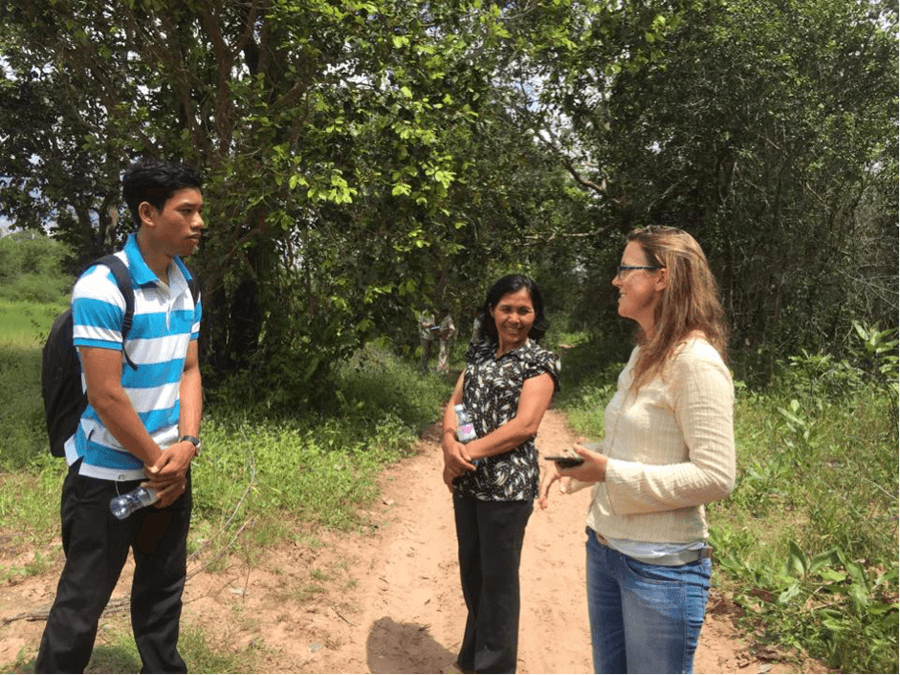
Image 2. Discussing alternative resilience-building livelihood opportunities with the commune leader during a village walk in Lvea Krang, Cambodia
Example Three. My manager sent me to Kenya for a three day UNEP meeting – that’s three days of flying for a three day meeting! At the time, I didn’t really ‘get’ why I was there. The meeting introduced me to approaches that provided context for my research in Vietnam and Cambodia and Australia. It helped me to see new directions and research possibilities, and it really helped me to respond to reviewer’s comments on my proposals. I now know my fortune was my manager’s foresight!
Example Four. I was on a Pacific Island student’s PhD confirmation panel. Seven years later, the student, his advisor and I led the development of the Pacific Islands Agriculture Extension Strategy with SPC. It was a lot more work than we had anticipated, but we wanted to do a good job for our partner, and I think we did that. I now have an honours student working with SPC. My fortune came from maintaining my networks.
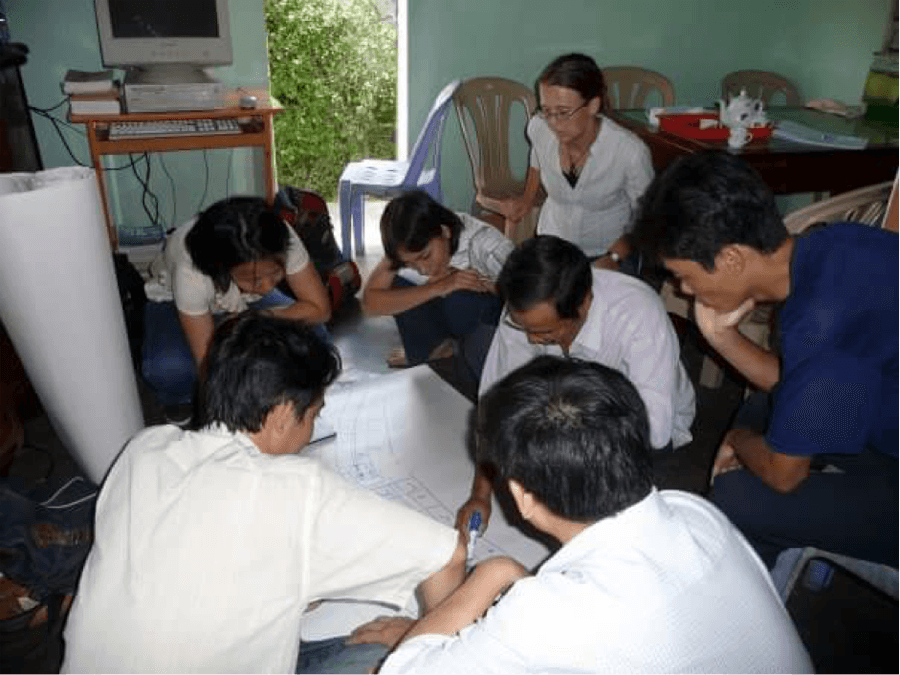
Image 3. Working to teach students community mapping field research skills for understanding landuse change in Hue, Vietnam, and learning just as much from them!
The key lessons from all of this?
- First, setting your intentions right is critical to fortuitous opportunities. During and just after your PhD, try to find small ways to weave your passion into whatever you are doing, and let people know it.
- Second, take advantage of opportunities that arise, even if you are unsure what might come from them. There might not be instant dividend, but things add up and you will probably benefit several years later; be patient and humble.
- Third, don’t think you are finished learning after your PhD. You can learn a lot from you students and even the most mundane experience. For example, the technical language sets different groups use and the ways they interact (including what bar they meet at on what night!).
Fortuitous opportunities are not really about good fortune, but more like a waka (canoe) that is packed with an open-mind, ready to learn, prepared for teamwork and flexible to wherever the winds might take you.
Chris Jacobson is Research Fellow (Sustainability) at the University of the Sunshine Coast.
Most recently, Chris has worked with FAO and ISET to develop and undertake resilience assessment for climate adaptation in SE Asia and with SPC to develop the Pacific Islands Agriculture Extension Strategy.
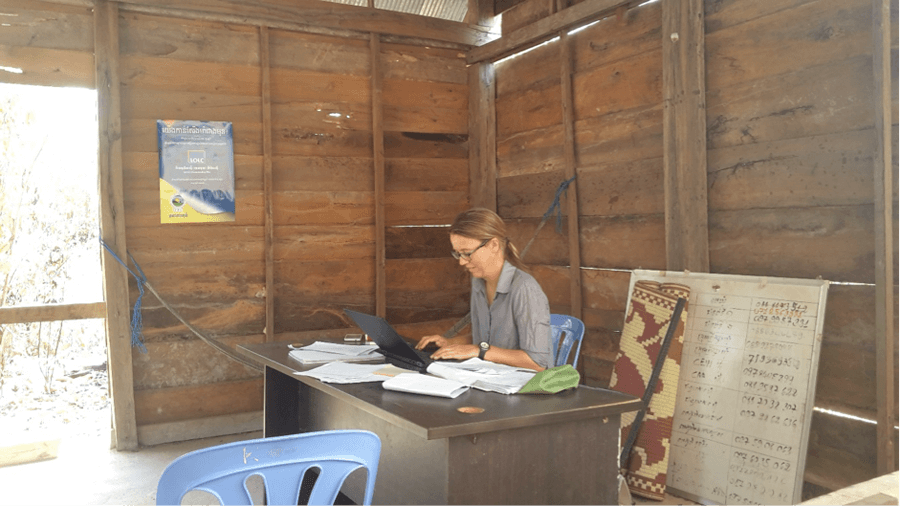
Image 4. Another day at the office trying to avoid the cobra while entering migration, food insecurity coping mechanisms and social consequences data
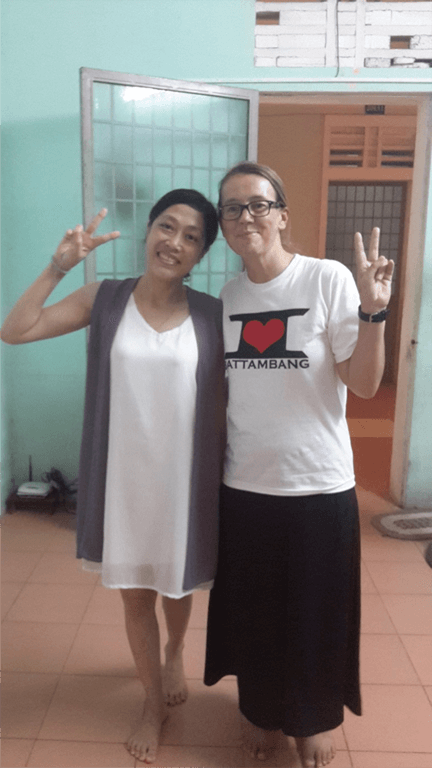
Image 5. Copying a photo pose with a former student (now completing her doctoral studies at Wageningen), at her mum’s house, just like we did 8 years ago


